West seeks to put Iran in tight spot, prevent Iran from producing nuclear fuel: AEOI chief
The head of the Atomic Energy Organization of Iran (AEOI) says the West has always sought to prevent the Islamic Republic from reaching the pinnacle of science and has left no stone unturned to stop the country from turning into a producer of nuclear fuel.
Mohammad Eslami made the remarks in an address to the Iranian education sector's directors in Tehran on Sunday.
“Everyone should know that the nuclear fuel cycle is a power-generating one, and has nothing to do with building a bomb. They level spurious allegations against Iran and wrongfully accuse us of attempts to produce a nuclear bomb only because they do not want us to acquire nuclear technology,” he said.
“Despite fierce opposition expressed in recent years to Iran’s heavy water production, we have managed to build on our relevant expertise both in the atomic industry and molecular sector. Nuclear technology is a lucrative business and can be used in various spheres. It can be tapped to develop the country’s power,” Eslami said.
“The West is seeking to tighten the screws on Iran. We should act sensibly and reasonably so that the Islamic Republic continues to tread the path of progress and excellence on the basis of national interests, and improves in all arenas,” he noted.
He said Western countries are using the pretext that Tehran is after developing a nuclear bomb and opposing Iran's production of heavy water as they know that it is a manifestation of its scientific power.
Eslami noted the West is against Iran's entry into the field of new and emerging technologies as such an achievement will place the country at the top echelon of powerful countries.
The AEOI chief said while Iran's nuclear industry accounts for less than 2% of the world's nuclear capacity it is subjected to the strictest nuclear inspections, noting that 25% of the International Atomic Energy Agency's (IAEA) inspections have been conducted in Iran.
The United States, under former president Donald Trump, left the JCPOA in 2018 and returned the sanctions that the agreement had lifted.
Iran and the remaining parties to the deal resumed on-and-off talks on a potential revitalization of the deal in the Austrian capital of Vienna since last year, months after Joe Biden succeeded Trump, to examine the potential of the deal’s revival and removal of the sanctions.
Late on August 15, Iran said it had provided the European Union’s coordinator in the JCPOA talks with its final conclusion related to the bloc’s proposals for the revival of the deal, emphasizing that it was now the US’s turn to show realism and flexibility if it really wanted a final agreement to be reached.
The EU confirmed that it had received Iran’s response, saying the bloc was studying the reply with the parties to the deal and the United States.
According to a New York Times report, officials described Iran’s response as “encouraging,” saying it does not raise major new objections.
Separately on Wednesday, State Department spokesperson Ned Price confirmed that the US had received Iran’s comments via the EU.
Price said President Joe Biden’s administration was still studying the notes and remained “engaged in consultations with the EU as well as with our European allies on the way ahead.”
VIDEO | Press TV's news headlines
VIDEO | Education in War: Untold stories of Gaza students
Venezuelan president, wife taken to New York following kidnapping
VIDEO | Pakistan sees decline in attacks after Afghanistan border closure
VIDEO | Yemen’s Hadramout facing tensions after Saudi strikes
US kidnapping of Venezuela’s president ‘clear instance of state terrorism’: FM
‘Maduro our only president; no empire will rule us’: Venezuela vows resistance after US kidnapping
VIDEO | Press TV's news headlines


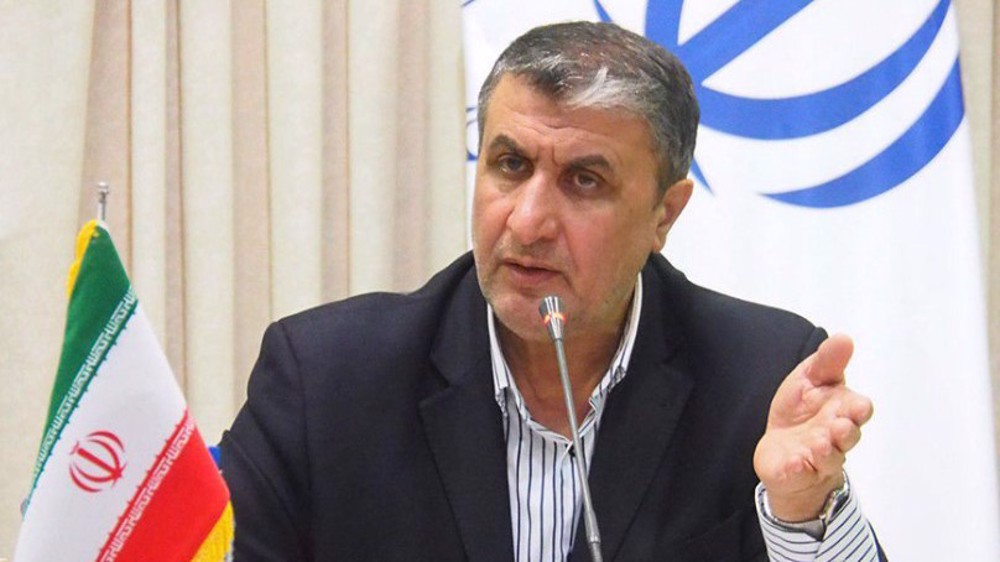
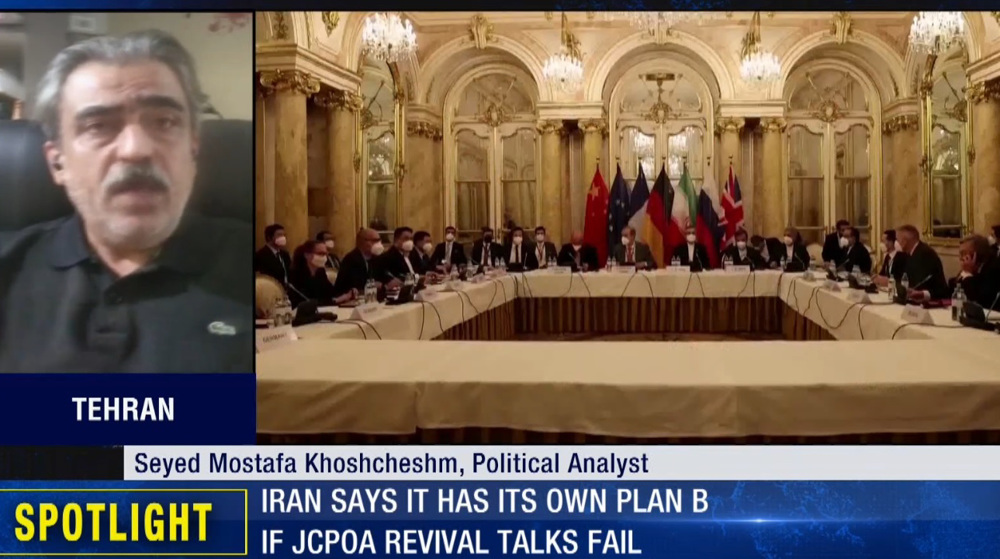

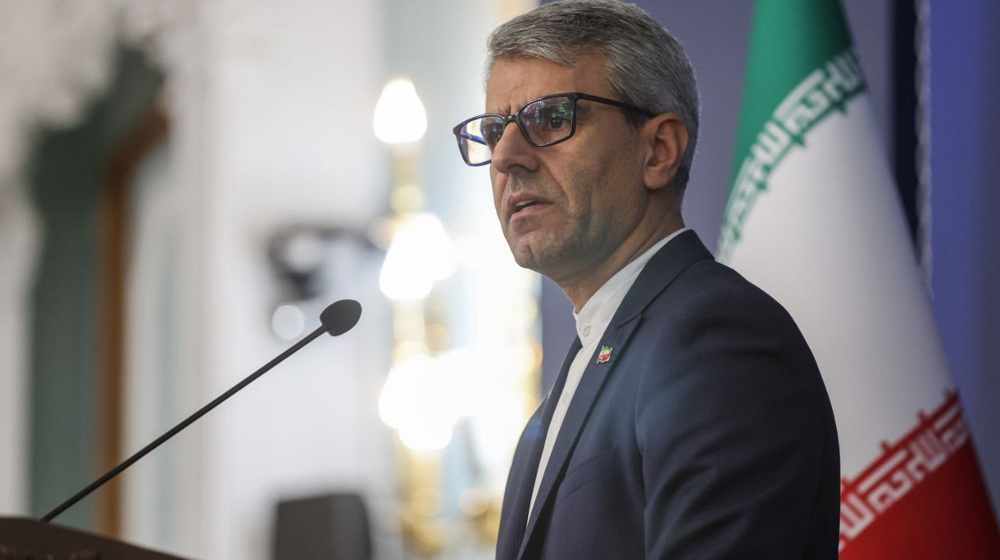
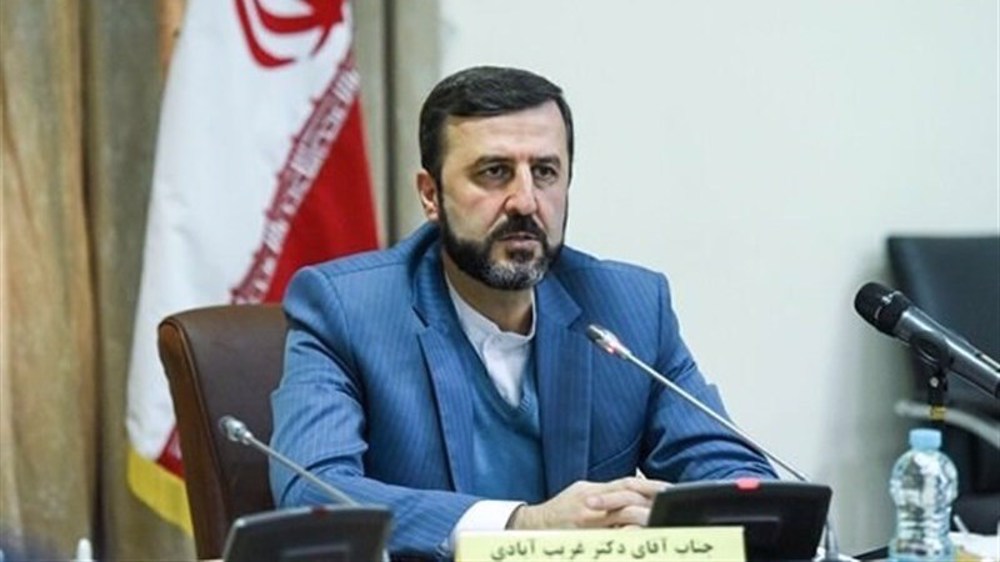



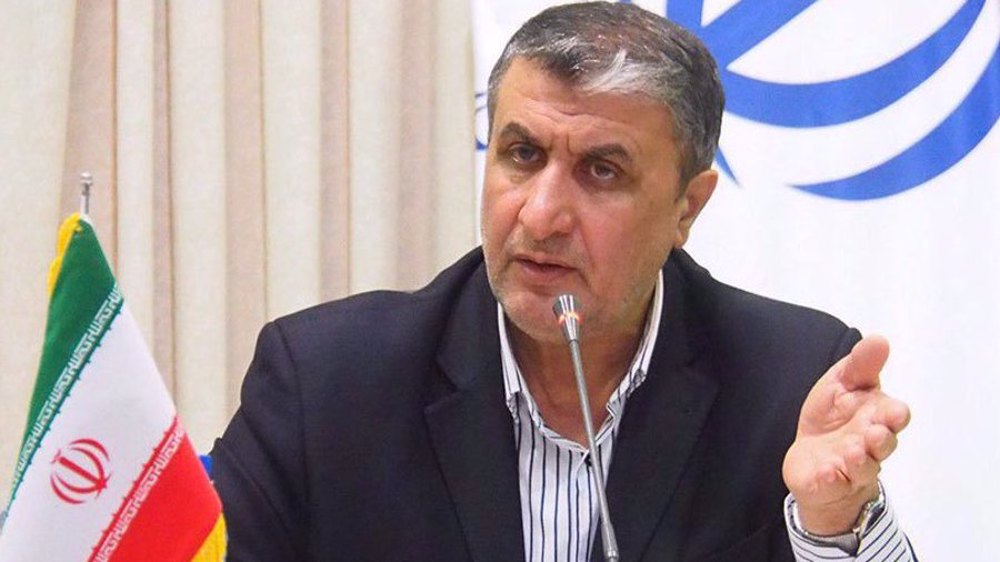
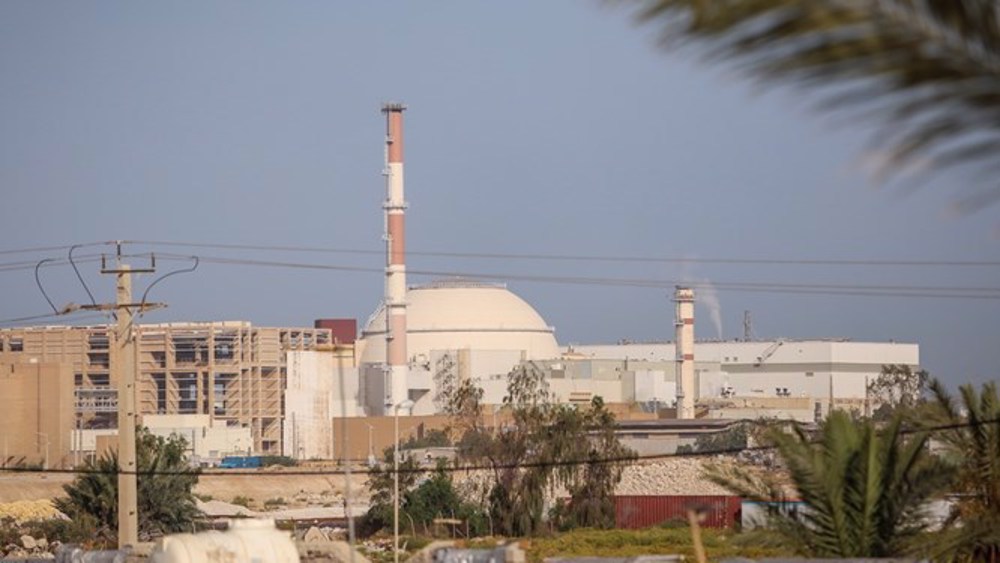
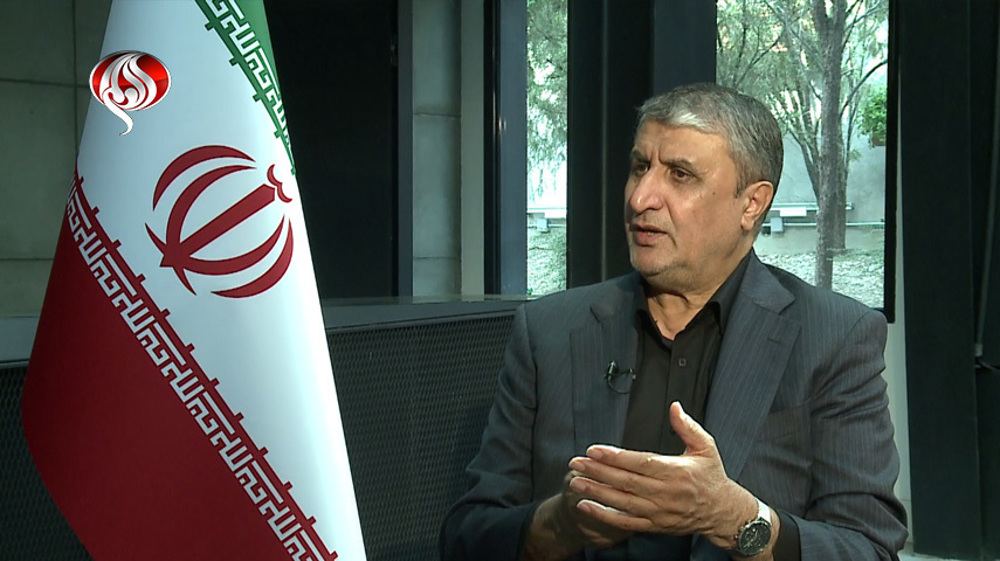
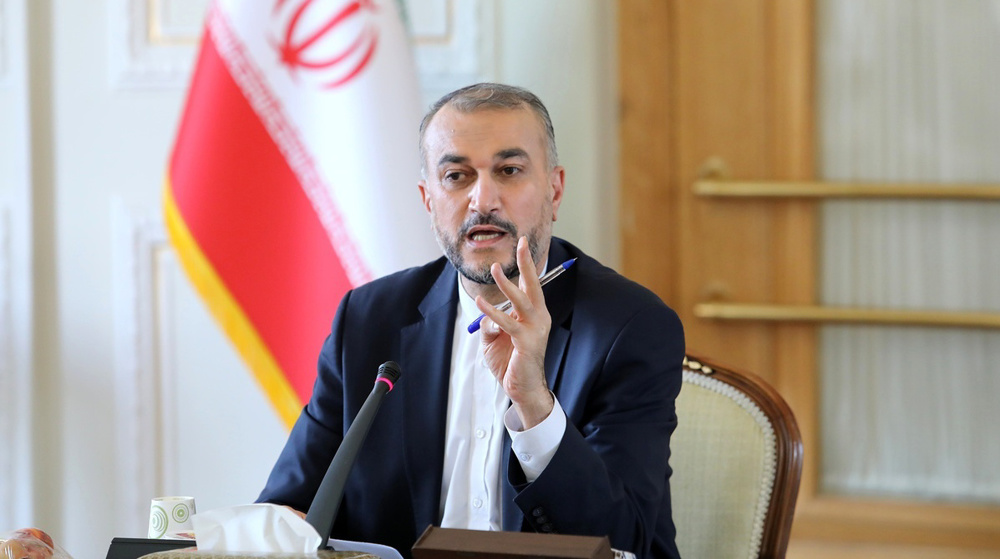
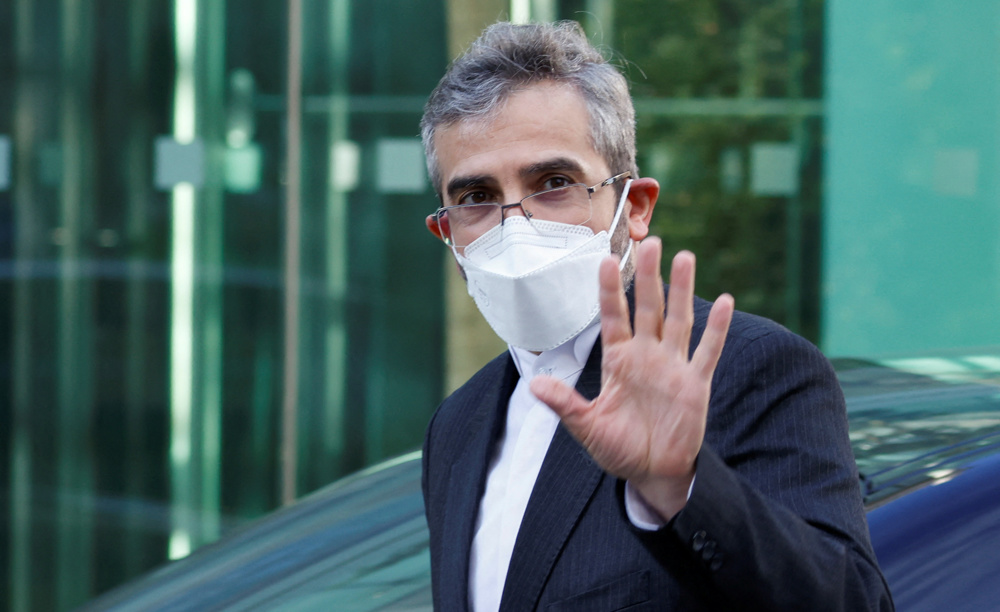

 This makes it easy to access the Press TV website
This makes it easy to access the Press TV website